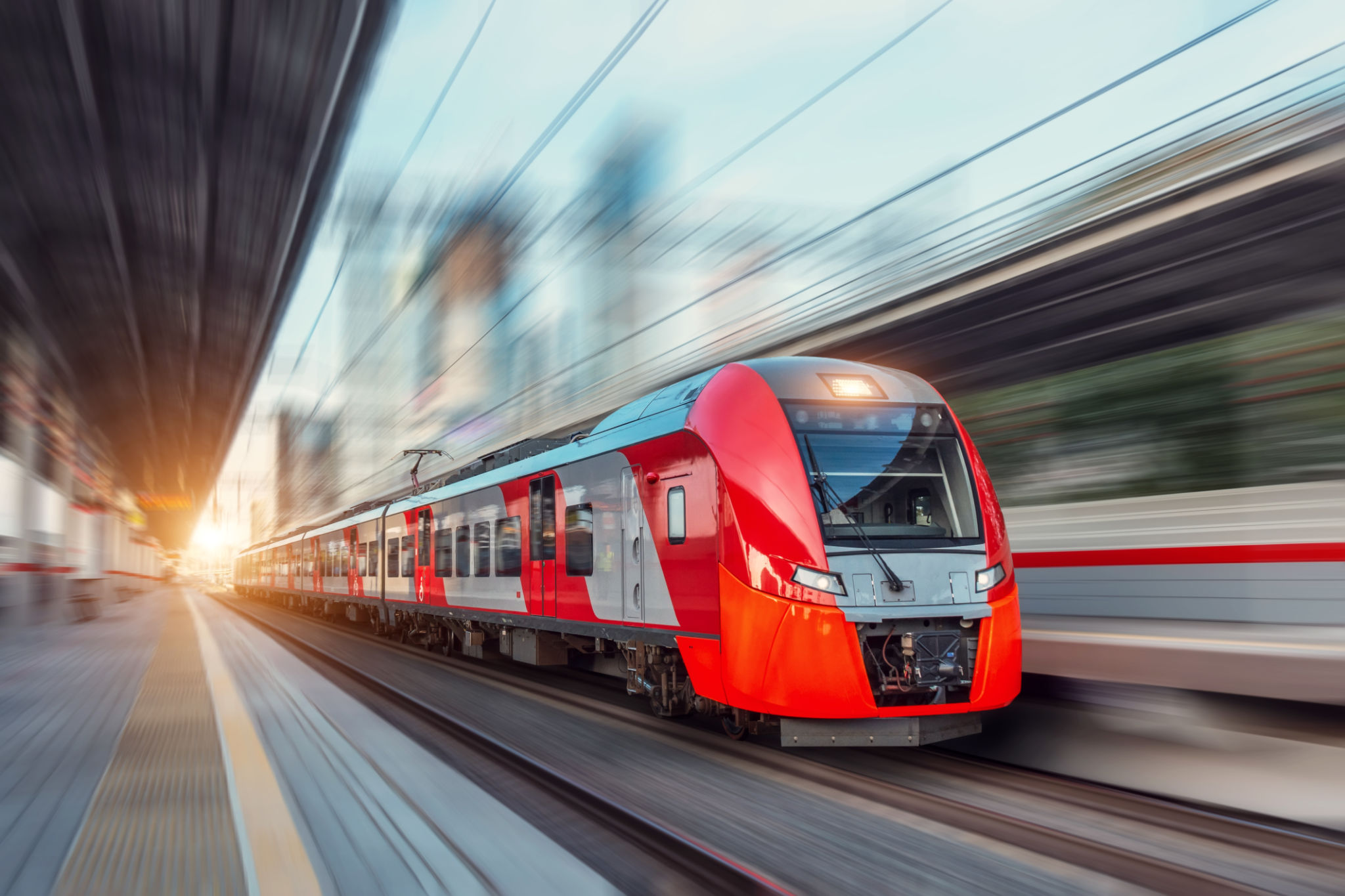A Comprehensive Guide to NVCT's Blockchain and Traditional Rail System
Understanding NVCT's Blockchain Integration
In recent years, blockchain technology has revolutionized various industries, offering enhanced security, transparency, and efficiency. NVCT, a pioneer in the rail industry, is now integrating blockchain into its traditional rail systems to optimize operations and improve service delivery. This comprehensive guide explores how NVCT's innovative approach is transforming the rail sector.

The Role of Blockchain in Rail Systems
Blockchain technology plays a critical role in ensuring the seamless operation of NVCT's rail systems. By utilizing distributed ledger technology, NVCT can maintain an immutable record of transactions, from ticket sales to freight management. This level of transparency helps reduce fraud, streamline processes, and enhance customer trust.
One of the key benefits of integrating blockchain is the ability to automate tasks through smart contracts. These self-executing contracts allow NVCT to automate ticketing and billing processes, significantly reducing human error and operational costs.

Enhancing Efficiency with Traditional Rail Systems
While blockchain offers numerous advantages, NVCT continues to utilize traditional rail systems to ensure reliable service delivery. The combination of both technologies allows NVCT to maintain high standards of efficiency and safety in their operations.
Traditional rail systems facilitate effective logistics management, ensuring timely transportation of goods and passengers. By leveraging advanced scheduling systems and real-time tracking, NVCT can optimize train routes and maintenance schedules while minimizing delays.
Integrating Modern Technology with Tradition
NVCT's approach to integrating modern technology with traditional rail systems is a testament to their commitment to innovation. By adopting a hybrid model, they can harness the strengths of both blockchain and conventional methods to create a more robust and efficient rail system.

This integration allows NVCT to provide better customer experiences through real-time updates and enhanced service reliability. Passengers can enjoy more accurate arrival times and improved communication regarding any changes or disruptions in service.
Challenges and Solutions
While the integration of blockchain technology presents numerous benefits, it also comes with its own set of challenges. One significant challenge is ensuring interoperability between blockchain systems and existing infrastructure. NVCT addresses this by investing in cross-platform compatibility solutions, allowing seamless communication between different technologies.
Another challenge lies in data privacy and security. NVCT employs robust encryption methods and secure data storage practices to protect sensitive information from unauthorized access. By prioritizing cybersecurity, they ensure customer data remains safe while leveraging blockchain's transparency.

The Future of NVCT's Rail Systems
The future of NVCT's rail systems looks promising as they continue to innovate and adapt to emerging technologies. With a focus on sustainability and efficiency, NVCT aims to lead the way in modernizing the rail industry. Their commitment to integrating blockchain with traditional rail operations sets a new standard for what is possible in transportation.
As NVCT progresses on its journey, the company plans to explore additional applications of blockchain technology, including supply chain optimization and energy management. By staying at the forefront of innovation, NVCT is poised to redefine the future of rail transportation.
